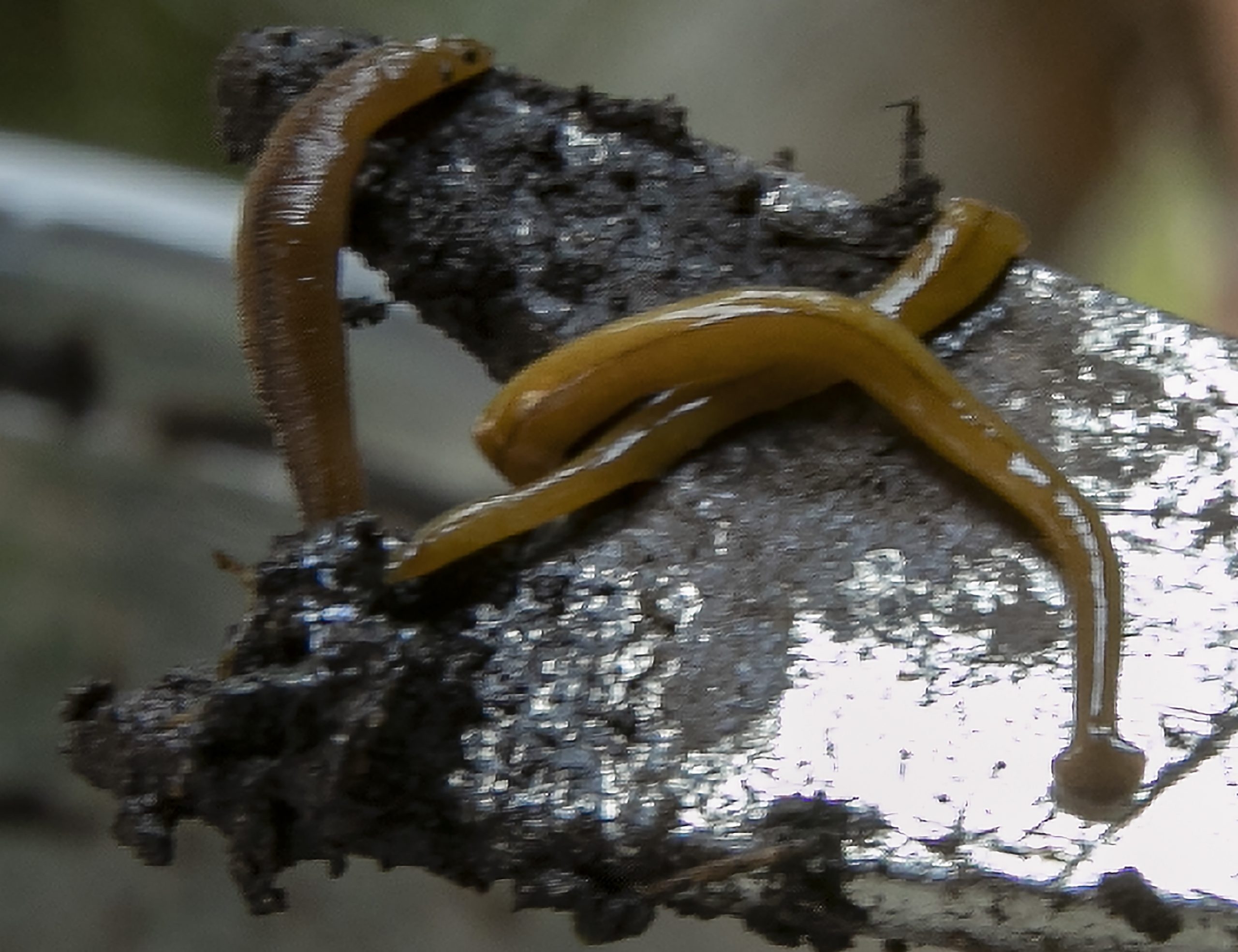Antiques: Communication solves the puzzle of the chessboard

Reviews and recommendations are unbiased and products are independently selected. Postmedia may earn affiliate commissions from purchases made through links on this page.
Article content
Q. Here is the result of continuing to investigate the mysterious chess table. A friend of mine from Iran confirmed that the inscription was in Arabic, not Persian. I noticed that the inlaid chessboards from Andalusia in Spain look a lot like the inlays on the table. Historically, southern Spain has been heavily influenced by the Arabs. Independently, two different Arabic acquaintances confirmed the script. I am very happy to have solved this mystery. Thank you.
advertising 2
Article content
Monica, Ottawa
Article content
a I congratulate you on your commendable diligence in using worldly contacts. rice field. It turns out your table was made in Syria. From the mid-1800s onwards, inlays showing traditional Middle Eastern geometric designs were produced in large quantities in the heart of Damascus and readily sold to bordering countries and the general area of the Mediterranean. So a link between Spain and Saudi Arabia makes perfect sense. It’s rare to find decorative scripts that suggest custom orders. The table is not over 50 years old. Anyway, similar tables retail for him well over $1,000.
advertising 3
Article content

Q. I bought a jewelry box for $20 that looks exactly like what’s shown online listed at a great price. I was intrigued as to the actual value of my purchase. Measures approximately 5 x 14 x 10 cm (2 x 5.5 x 4 inches). Please let me know what you think. Thank you very much.
Francine, Casselmann, Ont.
a Your interesting hinged box is probably made of lapis lazuli stone from Afghanistan. The boxes are modern, the oldest being from his 1970s. The lid is made up of several pieces, which the seller describes as a “mosaic” piece. It belongs to the more expensive group of related boxes with a “recommended retail price” of $1,000 to $2,500. Those without hinged lids usually cost $150 to $250 without lining. Only high-end ‘big city’ retailers such as New York City and London, England can sell at such high prices. Lapis is popular, and boxes or large single pieces with interesting pyrite compositions (white or gold highlights) are more expensive. Your front piece looks very attractive and more like a single piece of value. Mind you, a realistic selling price for your box today is $650.
Advertising 4
Article content

Q. I believe I purchased this round crystal regulator watch many years ago at my father’s favorite watch shop in Winchester, England. Two pendulum tubes contain mercury, which I think is rather unusual. The top and bottom are pale green marble, and the brass surround and feet are cute! Approximately 28 cm (11 inches). Any information would be greatly appreciated. thanks again.
Margaret, St. Thomas, Ontario.
a There is an unusual round version of the French crystal regulator. Most are rectangular. The marble top and bottom sections are even more unusual for these watches and very attractive. The pendulum style isn’t all that uncommon, and its mercury content creates problems for its sellability and transportation.It was made around 1900 and works for eight days when fully wound. The enamelled face, often called “porcelain”, is in excellent condition. A senior collector pays his $1,200 for timely treasures.
John Sewell is an antiques and fine arts appraiser. To submit an item to his column, please visit the ‘Contact John’ page at: www.johnsewellantiques.caMeasure your piece, write when and how you got it, how much you paid for it, and include any identifying marks. A high resolution jpeg photo must also be included. (We only accept emails.)
*The appraisal value is only a guideline.
Antiques: Communication solves the puzzle of the chessboard
Source link Antiques: Communication solves the puzzle of the chessboard




